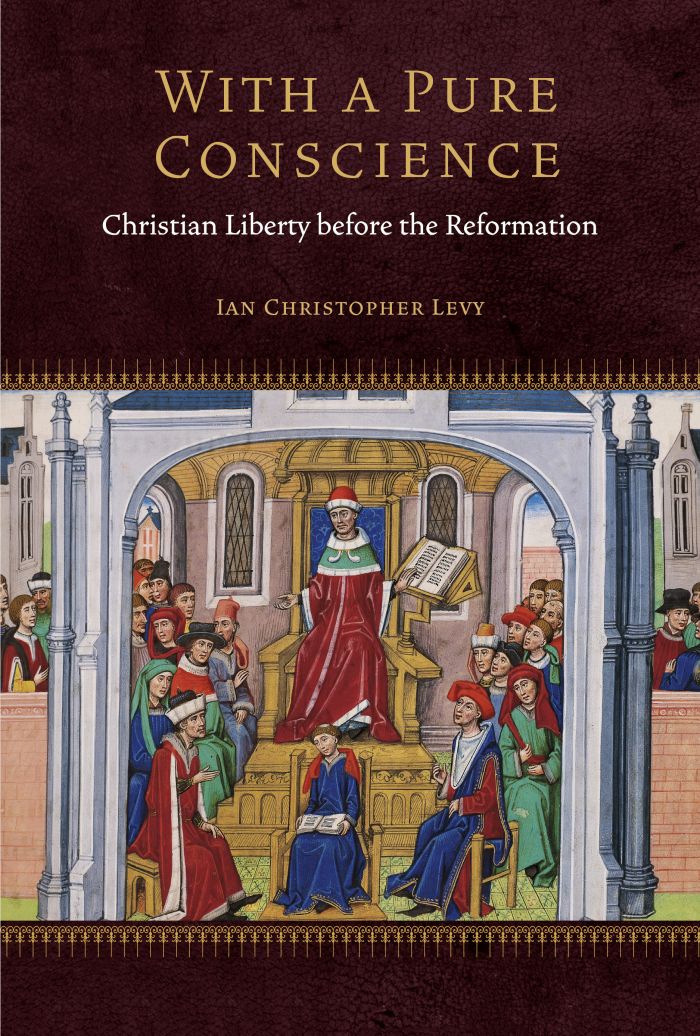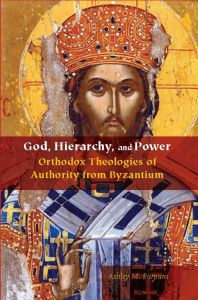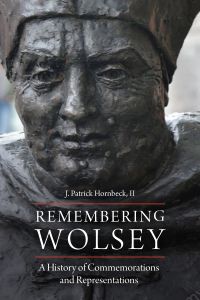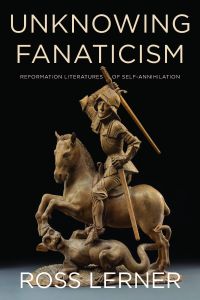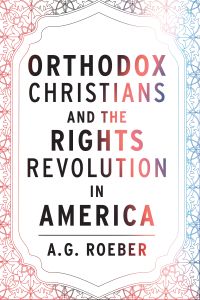With a Pure Conscience
Christian Liberty before the Reformation

This book can be opened with

Offers new perspectives on freedom of conscience and religious liberty by tracing their origins to the Middle Ages, thereby challenging the common assumption that these core tenets of modernity were products of the Enlightenment
Deeply committed to the formation of a just and sacred society, medieval theologians and canonists developed sophisticated arguments in defense of religious liberty and freedom of conscience. They did so based upon the conviction that each human person possesses an inalienable right to pursue his or her spiritual vocation and to inquire into the truth, provided that such pursuits were not deemed injurious to the commonweal. For this was an age in which all power, whether secular or sacred, was held to be exercised legitimately only insofar as it served the common good. Within these basic parameters there existed a domain of personal freedom guaranteed by natural and divine law that could not be infringed by either secular or ecclesiastical authority. Theologians and canonists did not countenance blind obedience to reigning powers nor did they permit Christians to stand idle in the face of manifest transgressions of sacred tradition, constitutional order, and fundamental human rights.
Such foundational principles as the sacred domain of conscience, freedom of intellectual inquiry, dissent from unjust authority, and inalienable personal rights had been carefully developed throughout the later Middle Ages, hence from the twelfth through the fifteenth centuries. Contrary to the popular conception, therefore, the West did not need to wait for the Protestant Reformation, or the Enlightenment, for these values to take hold. In fact, the modern West may owe its greatest debt to the Middle Ages. With a Pure Conscience sheds further light on these matters in a variety of contexts, within and without the medieval university walls, and often amid momentous controversies. This was a robust intellectual culture that revered careful analysis and vigorous disputation in its relentless quest to understand and defend the truth as it could be ascertained through both reason and revelation.
With a Pure Conscience: Christian Liberty before the Reformation is available from the Knowledge Unlatched on an open-access basis.
Seldom are Martin Luther and John Henry Newman presented as allies, but in this learned account of the understanding of conscience, Ian Levy shows that Luther at the Diet of Worms, “I am bound by the testimony of Scripture and my conscience”, and John Henry Newman, in his Letter to the Duke of Norfolk, “conscience is the aboriginal Vicar of Christ” are inheritors of a common Christian tradition forged over centuries in the medieval west.—Robert Louis Wilken, William R. Kenan Professor Emeritus of the History of Christianity at the University of Virginia
Levy has made an important contribution to our understanding of the ties between scholasticism and the beginning of reformation thought, showing how scholastics developed the concept of moral autonomy. He brings the reader into the arguments that were ongoing long before Luther, clearly and distinctly showing how the force of conscience evolved to become a powerful agent in realizing God’s will in creation.—Stephen Lahey, University of Nebraska-Lincoln
A fascinating book that explores the tension between ecclesiastical authority and academic freedom, between the demands of conscience and bonum commune, and between personal conviction and institutional liability. Instead of treating the problem in abstract terms, Ian Levy gives the floor to the people involved in these conflicts. The book is surprising on every page: Not only did medieval theologians recognize the dilemma of this—supposedly modern—challenge, but also did they try to solve it intellectually. The reader is introduced to some of the great dramas of medieval theology, which cannot be separated from the biographies of those involved.—Thomas Prügl, University of Vienna
If the claim that in medieval universities 'the fundamental principle of libertas inquirendi (freedom of inquiry) was never itself in question' sounds implausible to you; if the claim that, for centuries prior to the Reformation, 'the confessional seal was sacrosanct; defendants had rights; all Christians were subject to fraternal correction; the pope was not above the law, [and] that it was never permissible to act against the dictates of one's conscience' sounds improbable to you; or if the claim that 'Martin Luther's appeal to conscience at Worms in 1521 was by no means revolutionary, but was instead very much in keeping with late medieval principles of Christian freedom, especially with respect to ecclesiastical authority' sounds preposterous to you, then you need to read this book.—Boyd Taylor Coolman, author of Knowledge, Love and Ecstasy in The Theology of Thomas Gallus
. . .[W]ill prove invaluable for scholars of medieval history, theology, and philosophy.—Choice Reviews
Preface | xi
Abbreviations | xiii
Introduction | 1
1. University Masters and the Commonweal | 9
2. Conscience and Censure | 28
3. The Right to Dispute | 63
4. From the Interior to the Exterior Forum | 87
5. To Swear, Correct, and Obey | 131
6. Papal Power and the Religious Life | 166
7. Christians May Correct the Pope | 205
Conclusion | 249
Notes | 253
Bibliography | 291
Index | 311
Please click the link below to download the Open Access version of this book.
- With a Pure Conscience - epub

